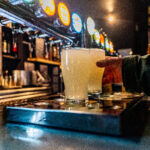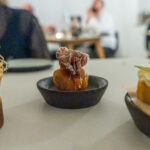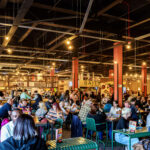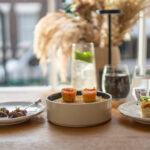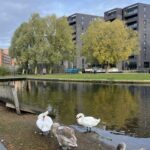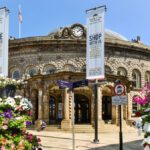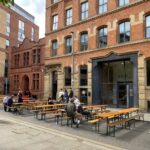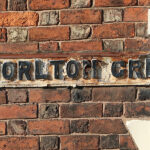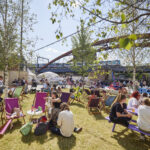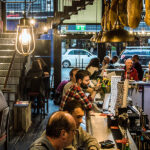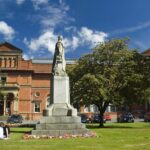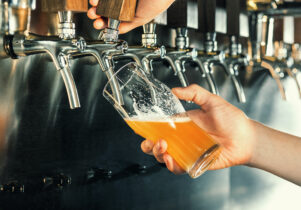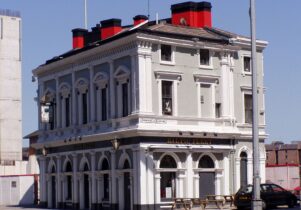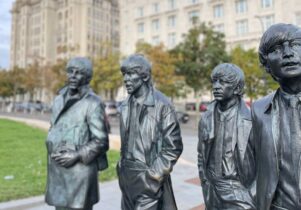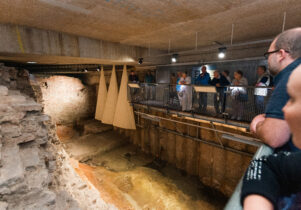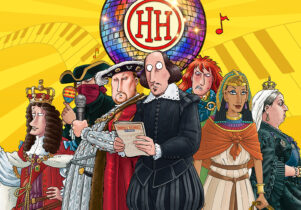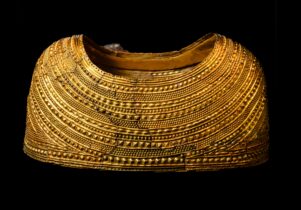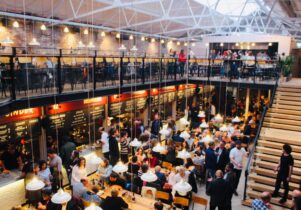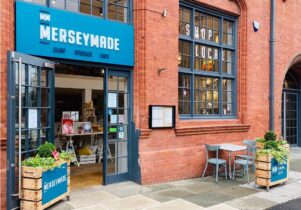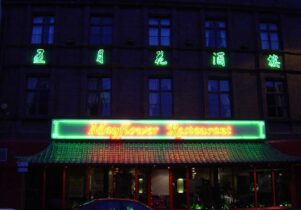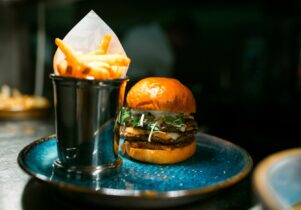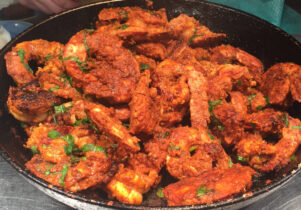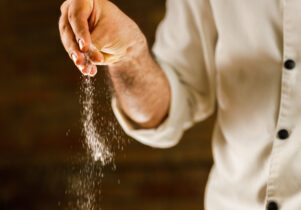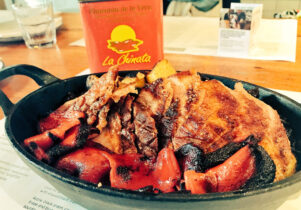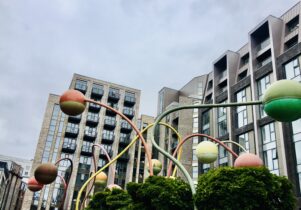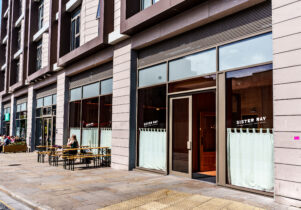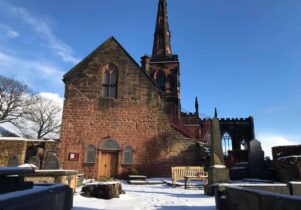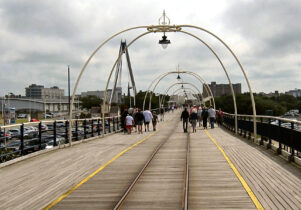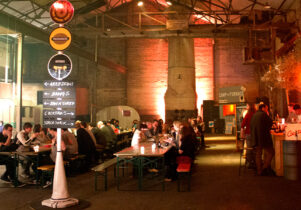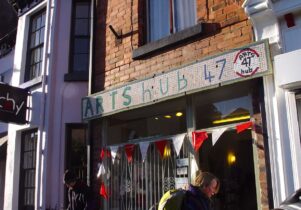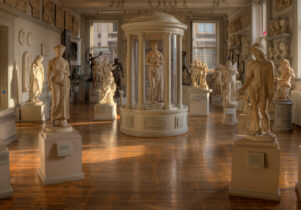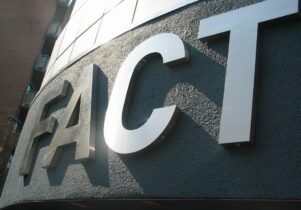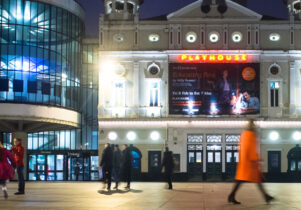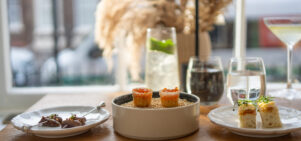The Bridewell
Vicky AndrewsVisit now
The Bridewell
- Monday12:00pm - 12:00am
- Tuesday12:00pm - 12:00am
- Wednesday12:00pm - 12:00am
- Thursday12:00pm - 12:00am
- Friday12:00pm - 12:00am
- Saturday12:00pm - 12:00am
- Sunday12:00pm - 12:00am
Always double check opening hours with the venue before making a special visit.
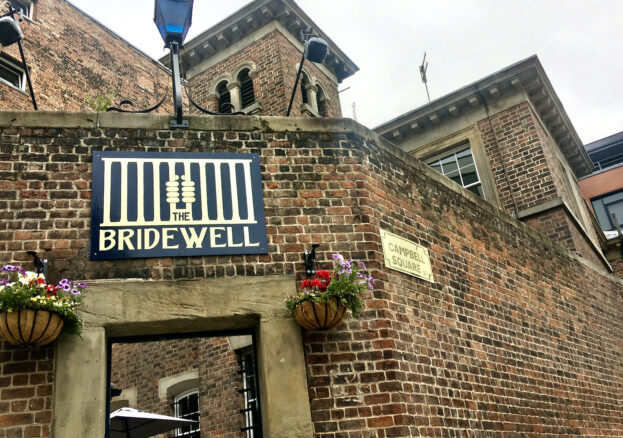
Tucked away in the Ropewalks and just a stone’s throw from Liverpool ONE is The Bridewell, a former Victorian police station that is now a Grade II listed award-winning pub.
The Bridewell was originally a 19th century cop shop called the Campbell Square Bridewell. The walls of this place could definitely tell a good story. Officers based here had to police the toughest part of the most crime ridden city in the UK and their only assistance was a truncheon and the nightly bucket of Guinness from the boats tied up in Salthouse Dock.
Legend has it that Charles Dickens got himself sworn in as a special constable for the night to gather material for The Uncommercial Traveller. Dickens loved Liverpool and Liverpool adored him. His first readings in Liverpool were at the Philharmonic Hall, though his favourite venue became St George’s Hall. On the wall of The Bridewell is a plaque which celebrates Dickens’ life as a journalist, novelist and for his one day as a Liverpool police constable.
In 2019, The Bridewell was taken over by Fiona and Dominic Hornsby, who also own the Denbigh Castle, another cracking little pub on Liverpool’s Hackins Hey. Lovingly converted into a cosy pub, the jail cells of The Bridewell are now used as seating areas that provide an unusual focus for the downstairs bar, with original heavy doors and hatches. The pub stocks cask beers, local beer and a range of craft keg and continental beers, as well as an impressive range of whisky and other spirits.
Rum was very popular with sailors in the city in the 1700s and 1800s. After you’ve enjoyed a tot in the Bridewell cells, head down Argyle Street and at the bottom of the John Lewis steps you will see a viewing portal to the old dock, rediscovered in 2001 during excavations for the enormous shopping complex.
Thomas Steers construction of the world’s first wet dock in 1715 is arguably the most significant moment in Liverpool’s history. It was to make the turnaround of ships quicker; in a matter of hours rather than days, and spiked a massive hike in trade from the Americas and the blood of Africans from the third corner of the slave trade. Liverpool became the Western Gateway and second port of the Empire.
For a closer look of the old dock you can book onto a group tour organised by Liverpool’s Maritime Museum, a fascinating way to discover the origins of the city buried underneath its streets.




